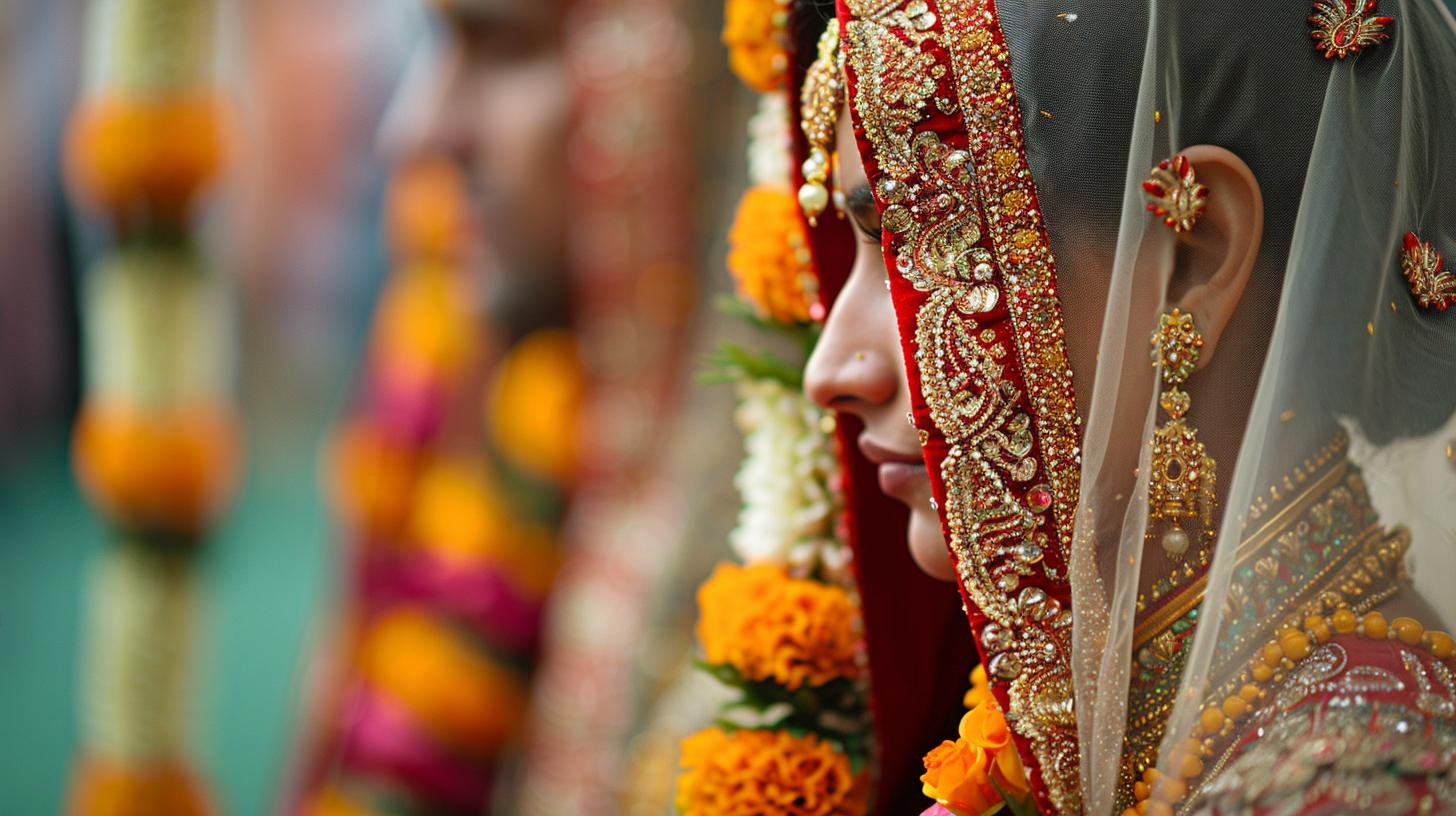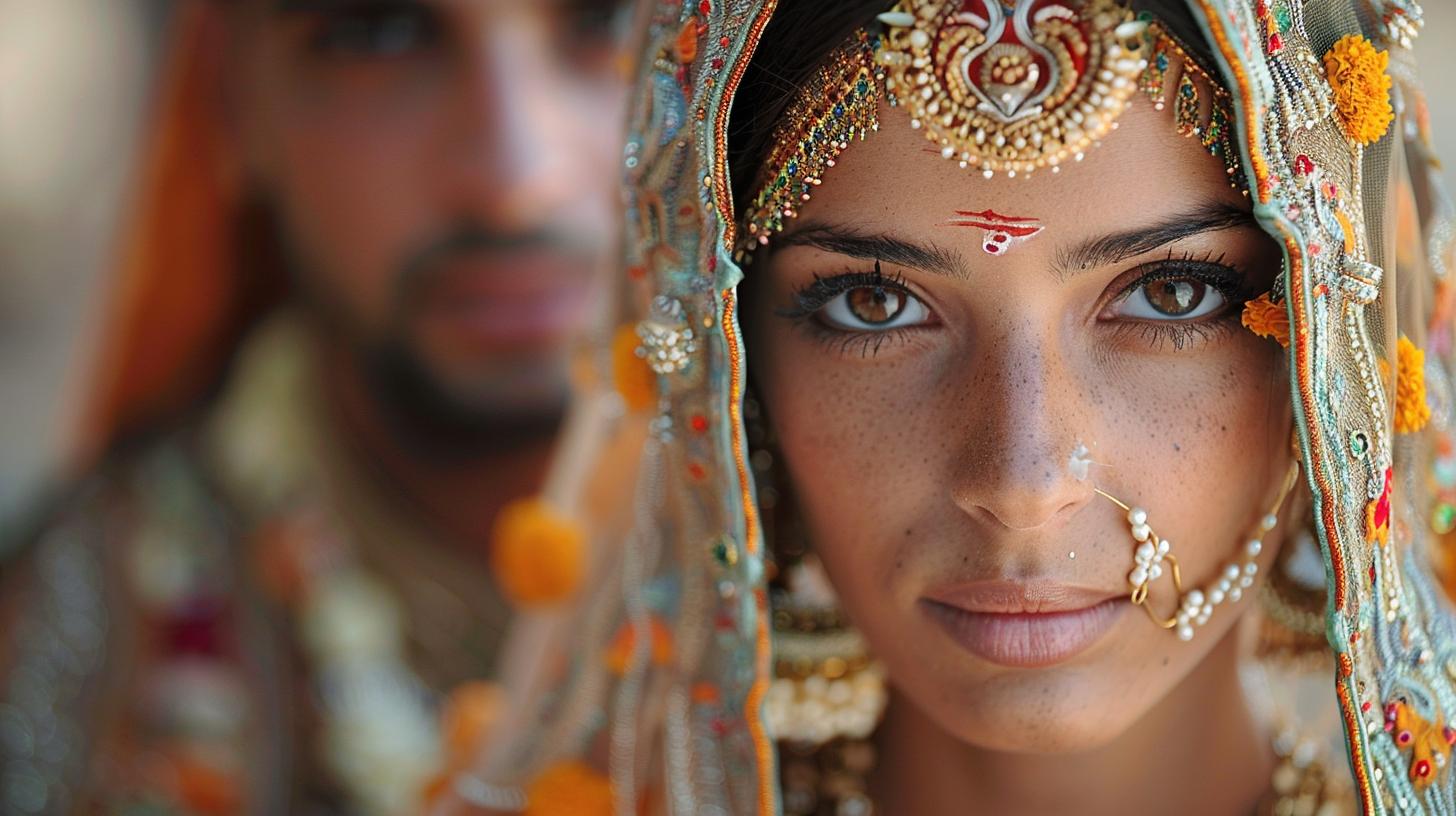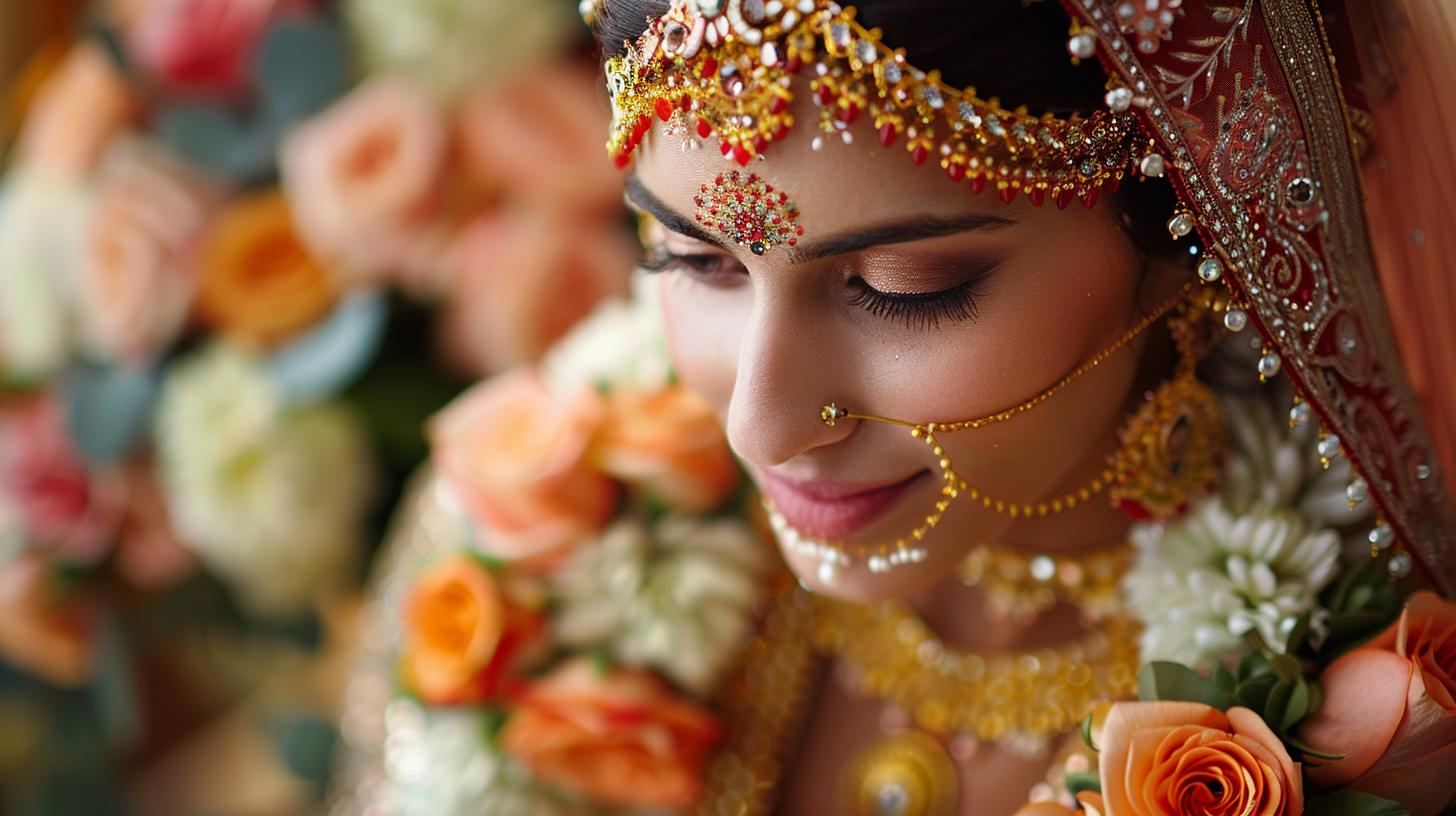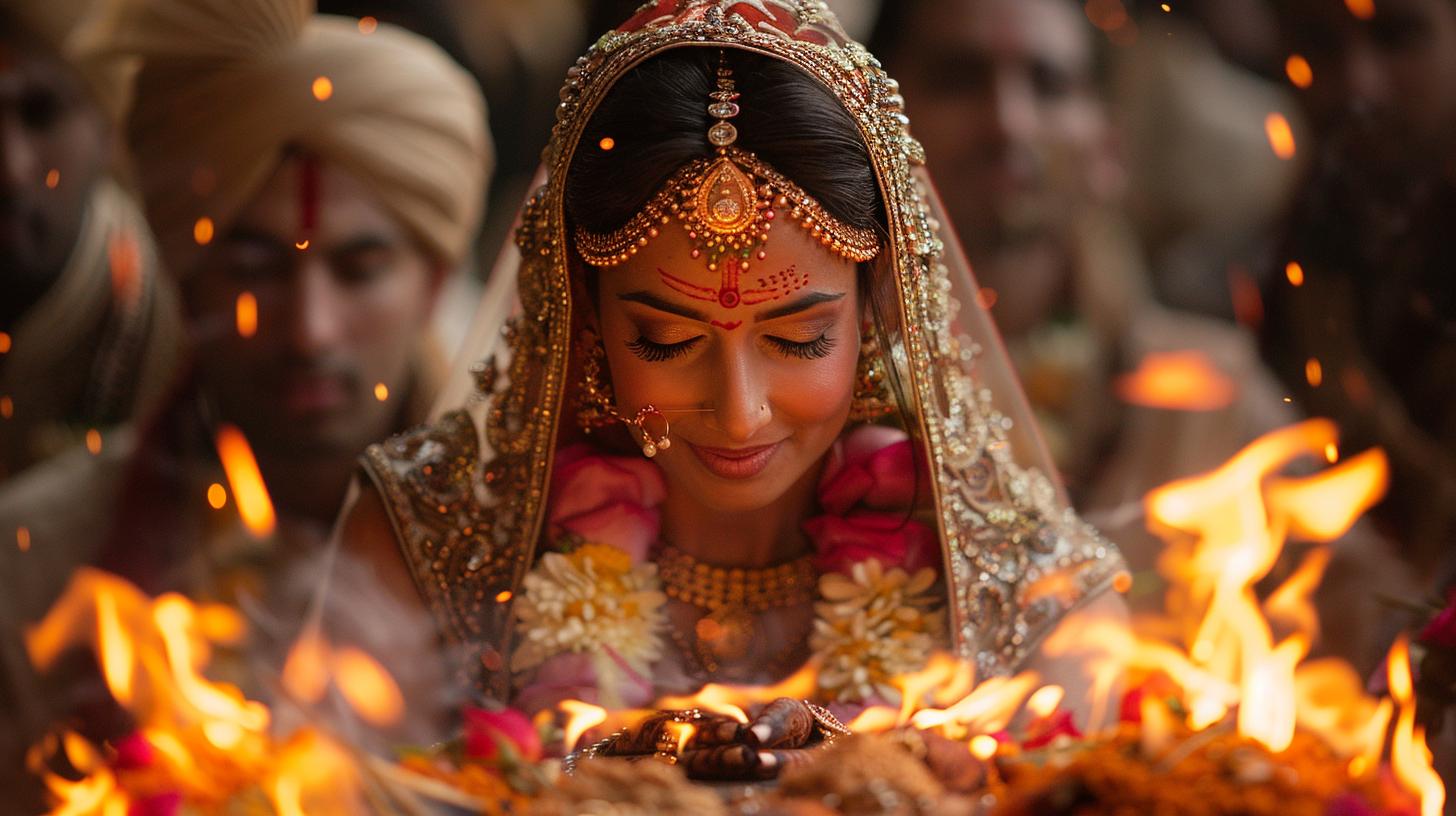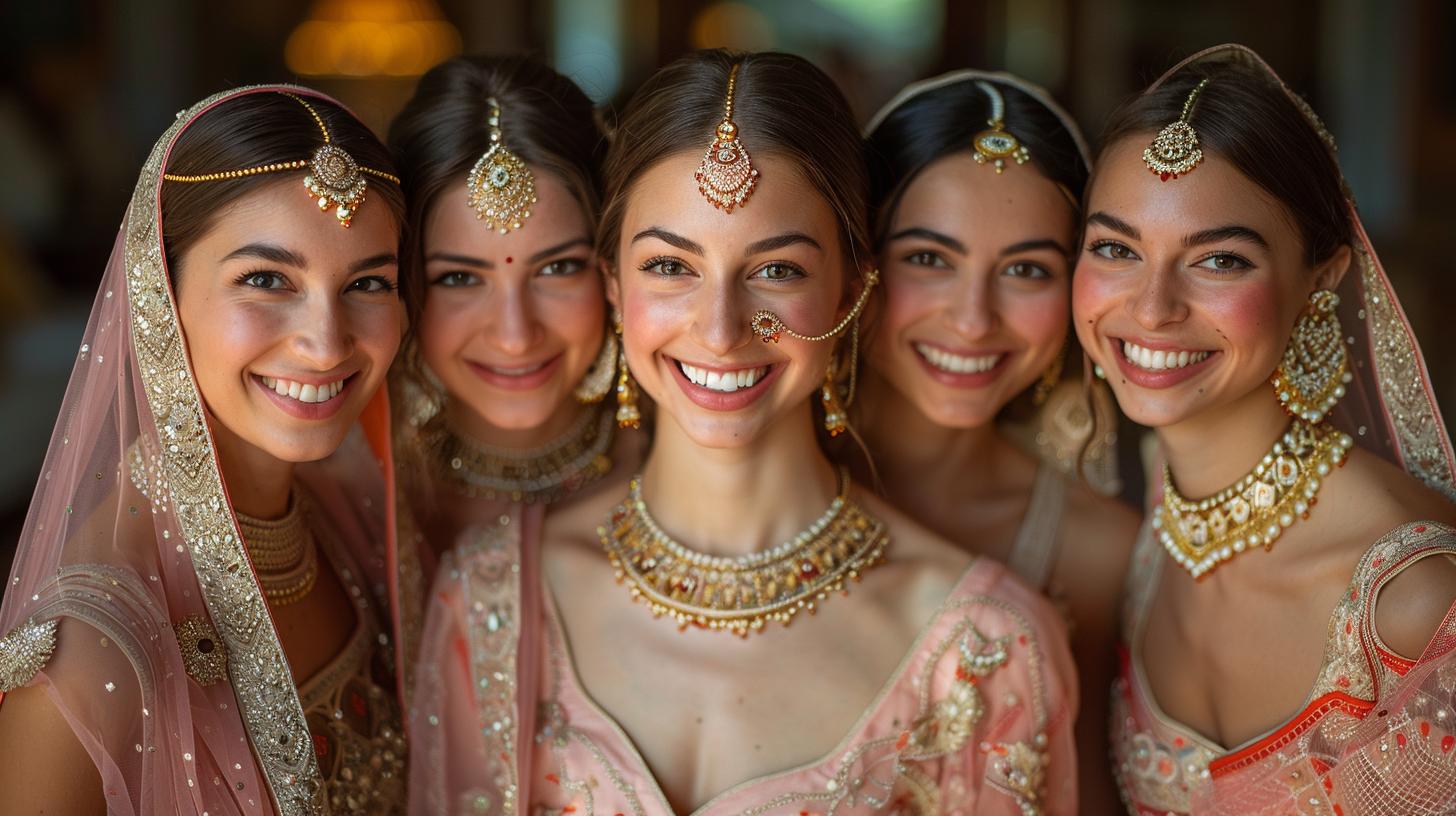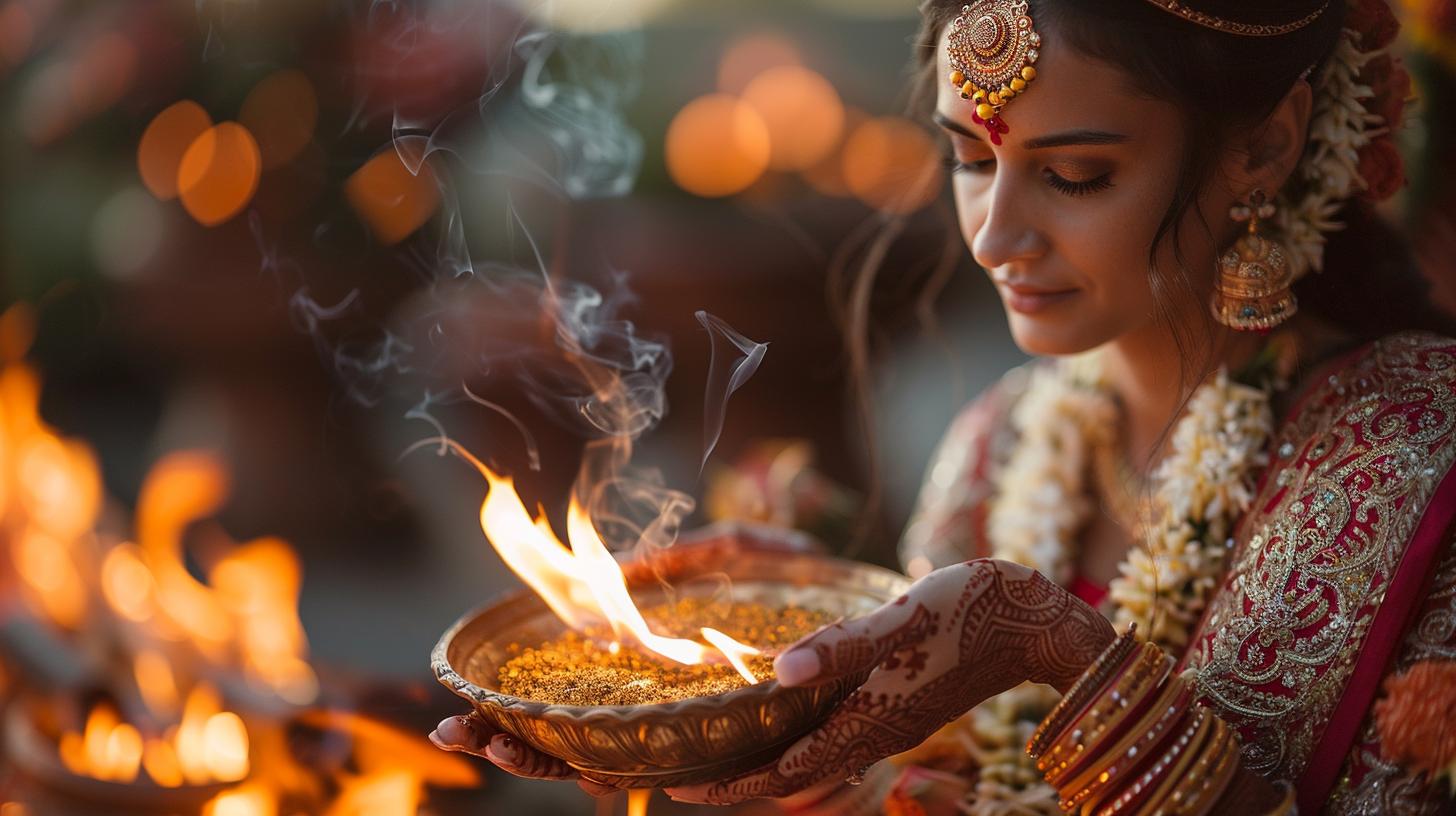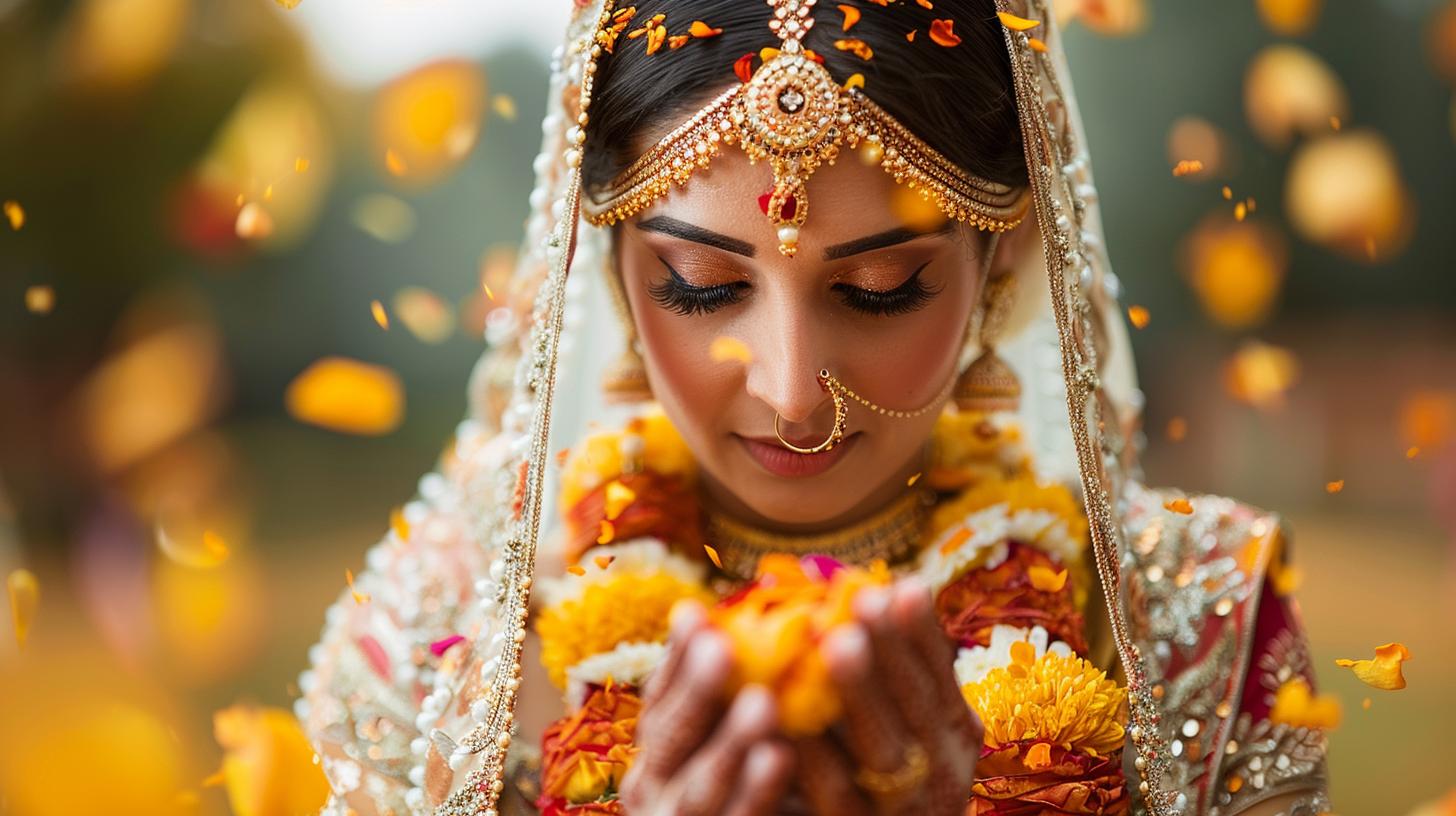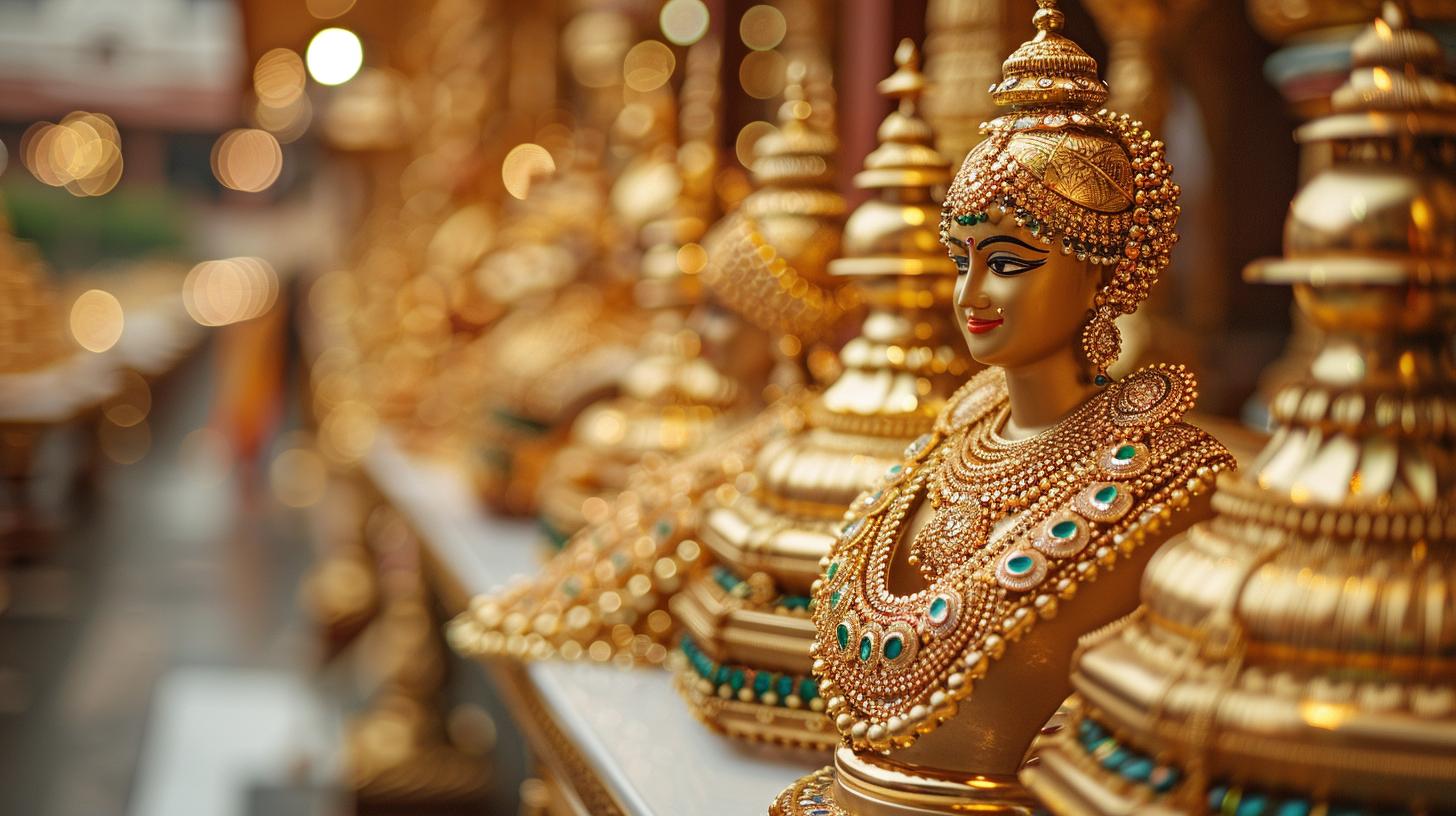How Are Marriages Arranged In India: A Traditional Practice in Indian Society
Arranged marriages in India have been a longstanding tradition, deeply rooted in society. In ancient times, parents and relatives played a key role in selecting partners based on various factors.
Over time, the practice has evolved to incorporate modern elements like pre-wedding courtship and semi-arranged unions. Astrology, particularly horoscope matching, remains a significant aspect of these unions, influencing their societal impact and cultural relevance today.
The Tradition of Arranged Marriages in Ancient India
Historical Background of Arranged Marriages
Arranged marriages have a long history in ancient India, dating back to the Vedic period around 500 B.C. During this time, parents and relatives played a significant role in finding suitable partners for their children based on various factors such as cultural backgrounds, educational qualifications, financial and social status.
Factors Considered in Arranged Marriages in Ancient India
In ancient India, several important factors were taken into consideration when arranging marriages. These factors included the compatibility of horoscopes, which was believed to be crucial in determining the success and harmony of the marital union.
Additionally, the social and economic standing of the families involved played a pivotal role in the matchmaking process.
Evolution of Arranged Marriages in Modern India
Arranged marriages in modern-day India have undergone significant changes adapting to the evolving societal landscape. This evolution reflects a combination of traditional values and contemporary perspectives.
Changes in Arranged Marriage Practices
Modern arranged marriages in India have witnessed shifts in the way partners are matched and the degree of control exercised by individuals.
Families now consider factors beyond just cultural background and financial status when arranging marriages.
Importance of Personal Compatibility
- Today, the emphasis is on personal compatibility between individuals along with factors such as educational qualifications and career aspirations.
- Partners may have a say in the final decision, allowing for a more collaborative approach in the matchmaking process.
Role of Technology
- Technology plays a significant role in modern arranged marriages, with matrimonial websites and dating apps providing a platform for individuals to connect and explore potential matches.
- This use of technology has expanded the pool of potential partners, offering greater choice and opportunities for individuals to find suitable matches.
Introduction of Semi-Arranged Marriages
With changing societal norms, the concept of semi-arranged marriages has emerged as a middle ground between traditional arranged marriages and love marriages.
This approach allows individuals to interact and get to know their potential partners before making a final decision.
Increased Autonomy for Individuals
- Semi-arranged marriages grant individuals more autonomy in choosing their life partners while still respecting familial input and traditions.
- This arrangement provides a balance between personal choice and family expectations, fostering a gradual transition towards more individual agency in marriage decisions.
Astrology and Arranged Marriages in India
Astrology has long been a significant aspect of arranged marriages in India, shaping the matchmaking process and influencing marital decisions.
The practice of horoscope matching, based on astrological beliefs and principles, plays a crucial role in determining the compatibility and future prospects of the prospective couple.
Role of Astrology in Arranged Marriages
Astrology serves as a guiding force in arranged marriages, with families consulting astrologers to analyze the alignment of the stars and planets in the birth charts of the couple.
These astrological readings provide insights into the personalities, temperaments, and potential challenges that the individuals may face in their marital life.
Importance of Horoscope Matching
Horoscope matching, known as ‘kundali milan’ in Hindu tradition, involves a detailed comparison of the horoscopes of the bride and groom to assess their compatibility in various aspects of life, including emotional, spiritual, and physical harmony.
The matching of astrological charts is believed to predict the success and longevity of the marriage, providing a foundation for a harmonious and fulfilling union.
Societal Impact and Relevance of Arranged Marriages
Cultural Significance of Arranged Marriages
Arranged marriages hold a significant place in Indian culture, reflecting deep-rooted traditions and beliefs.
The union of two individuals through this practice is not just a personal affair, but a merging of two families, carrying forward ancestral customs.
The cultural significance of arranged marriages extends beyond the couple involved, impacting the community as a whole.
It serves as a way to preserve cultural values and uphold societal norms, ensuring continuity and stability within Indian society.
Maintenance of Tradition and Family Bonds
One of the key aspects of arranged marriages is the emphasis on maintaining traditional family ties. Through the practice of arranged marriages, families come together to ensure the union of their children in a manner that respects cultural heritage and family honor.
- Arranged marriages play a crucial role in fostering strong bonds between families, creating a sense of unity and interconnectedness.
- The practice also serves as a way to uphold ancestral traditions, passing down rituals and customs from one generation to the next.
- By adhering to the tradition of arranged marriages, families demonstrate a commitment to preserving their cultural identity and values, reinforcing a sense of belonging and solidarity within the community.
Contemporary Views on Arranged Marriages
Perspectives on Arranged Marriages in Modern Society
In modern society, views on arranged marriages have evolved with changing cultural norms and individual expectations.
While some see arranged marriages as a way to uphold tradition and family values, others view them as restrictive and lacking personal choice.
There is a growing acceptance of arranged marriages as a valid option for those seeking a life partner, with many acknowledging the benefits of familial support and compatibility assessments provided by such unions.
Balancing Tradition and Personal Choice in Marriage
- Many individuals today are navigating the delicate balance between tradition and personal freedom when it comes to marriage.
- For some, arranged marriages offer a sense of security and cultural continuity, while others prioritize individual autonomy and the pursuit of personal happiness.
- The challenge lies in reconciling the expectations of family and society with the desire for personal fulfillment and self-determination.
.

